Related Research Articles
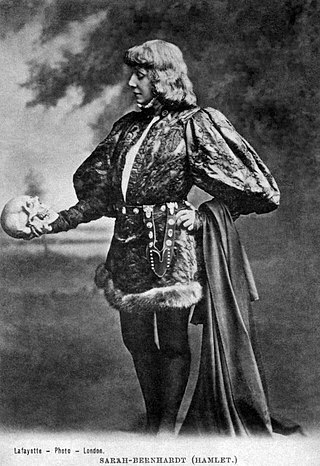
Acting is an activity in which a story is told by means of its enactment by an actor who adopts a character—in theatre, television, film, radio, or any other medium that makes use of the mimetic mode.

Method acting, known as the Method, is a range of rehearsal techniques, as formulated by a number of different theatre practitioners, that seeks to encourage sincere and expressive performances through identifying with, understanding, and experiencing a character's inner motivation and emotions. These techniques are built on Stanislavski's system, developed by the Russian actor and director Konstantin Stanislavski and captured in his books An Actor Prepares, Building a Character, and Creating a Role.
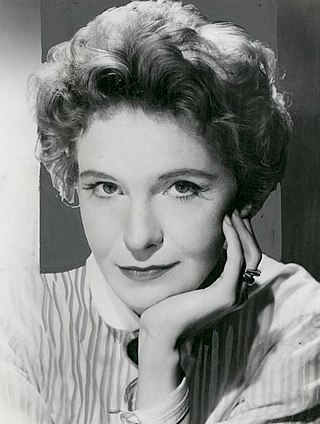
Geraldine Sue Page was an American actress. With a career which spanned four decades across film, stage, and television, Page was the recipient of numerous accolades, including an Academy Award, a British Academy Film Award, two Primetime Emmy Awards, two Golden Globe Awards, and four nominations for the Tony Award.
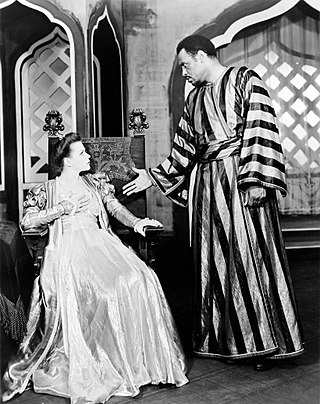
Uta Thyra Hagen was a German-American actress and theatre practitioner. She originated the role of Martha in the 1962 Broadway premiere of Who's Afraid of Virginia Woolf? by Edward Albee, who called her "a profoundly truthful actress." Because Hagen was on the Hollywood blacklist, in part because of her association with Paul Robeson, her film opportunities dwindled and she focused her career on New York theatre.

Stanislavski's system is a systematic approach to training actors that the Russian theatre practitioner Konstantin Stanislavski developed in the first half of the twentieth century. His system cultivates what he calls the "art of experiencing". It mobilises the actor's conscious thought and will in order to activate other, less-controllable psychological processes—such as emotional experience and subconscious behaviour—sympathetically and indirectly. In rehearsal, the actor searches for inner motives to justify action and the definition of what the character seeks to achieve at any given moment.

Lee Strasberg was an American theatre director, actor and acting teacher. He co-founded, with theatre directors Harold Clurman and Cheryl Crawford, the Group Theatre in 1931, which was hailed as "America's first true theatrical collective". In 1951, he became director of the nonprofit Actors Studio in New York City, considered "the nation's most prestigious acting school," and, in 1966, was involved in the creation of Actors Studio West in Los Angeles.

Stella Adler was an American actress and acting teacher.

Harold Edgar Clurman was an American theatre director and drama critic. In 2003, he was named one of the most influential figures in U.S. theater by PBS. He was one of the three founders of New York City's Group Theatre (1931–1941). He directed more than 40 plays in his career and, during the 1950s, was nominated for a Tony Award as director for several productions. In addition to his directing career, he was drama critic for The New Republic (1948–1952) and The Nation (1953–1980), helping shape American theater by writing about it. Clurman wrote seven books about the theatre, including his memoir The Fervent Years: The Group Theatre and the Thirties (1961).
In acting, substitution is the understanding of elements in the life of one's character by comparing them to elements in one's own life. For example, if an actor is portraying a character who is being blackmailed, they could think back to some embarrassing or private fact about their own life, and mentally superimpose that onto the character's secret.
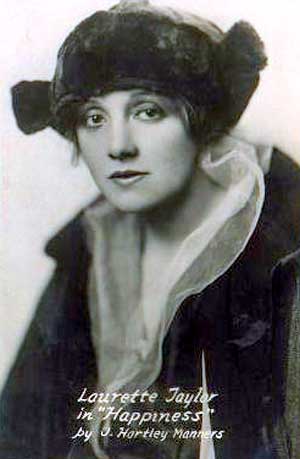
Laurette Taylor was an American stage and silent film star who is particularly well known for originating the role of Amanda Wingfield in the first production of Tennessee Williams's play The Glass Menagerie.
Howard Fine is an American acting teacher, celebrity acting coach, Broadway theater director, and author. He is the founder of the Howard Fine Acting Studio in Hollywood and in Melbourne, Australia.

The "art of representation" is a critical term used by the seminal Russian theatre practitioner Konstantin Stanislavski to describe a method of acting. It comes from his acting manual An Actor Prepares (1936). Stanislavski defines his own approach to acting as "experiencing the role" and contrasts it with the "art of representation". It is on the basis of this formulation that the American Method acting teacher Uta Hagen defines her recommended Stanislavskian approach as 'presentational' acting, as opposed to 'representational' acting. This use, however, directly contradicts mainstream critical use of these terms. Despite the distinction, Stanislavskian theatre, in which actors 'experience' their roles, remains 'representational' in the broader critical sense.
"Speak the speech" is a famous speech from Shakespeare's Hamlet (1601). In it, Hamlet offers directions and advice to a group of actors whom he has enlisted to play for the court of Denmark.
Scene study is a technique used to teach acting. One or more actors perform a dramatic scene and are then offered feedback from teachers, classmates, or each other.
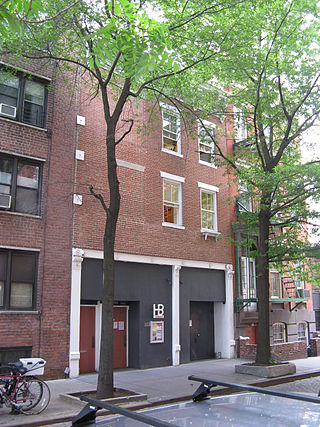
The HB Studio is a non-profit 501(c)(3) organization offering professional training in the performing arts through classes, workshops, free lectures, theater productions, theater rentals, a theater artist residency program, as well as full-time study through their International Student Program and Uta Hagen Institute.

Presentational acting and the related representational acting are opposing ways of sustaining the actor–audience relationship. With presentational acting, the actor acknowledges the audience. With representational acting, the audience is studiously ignored and treated as voyeurs.
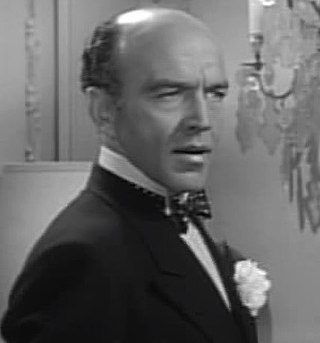
Herbert Berghof was an Austrian-American actor, director and acting teacher.
An acting coach or drama coach is a teacher who trains performers – typically film, television, theatre, and musical theatre actors – and gives them advice and mentoring to enable them to improve their acting and dramatic performances, prepare for auditions and prepare better for roles.
Dee Cannon was a British actress and acting coach.
References
- ↑ Interview in playbill.com[ full citation needed ]
- ↑ "Powell's Books | the World's Largest Independent Bookstore".